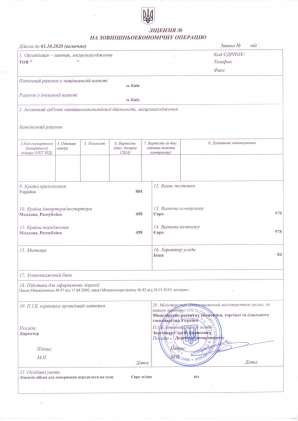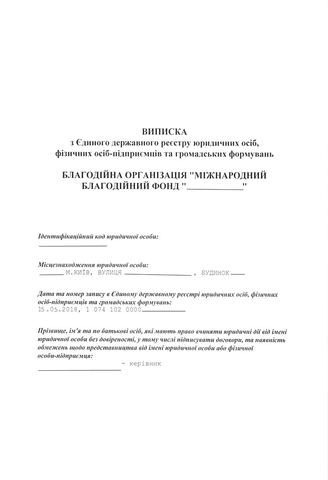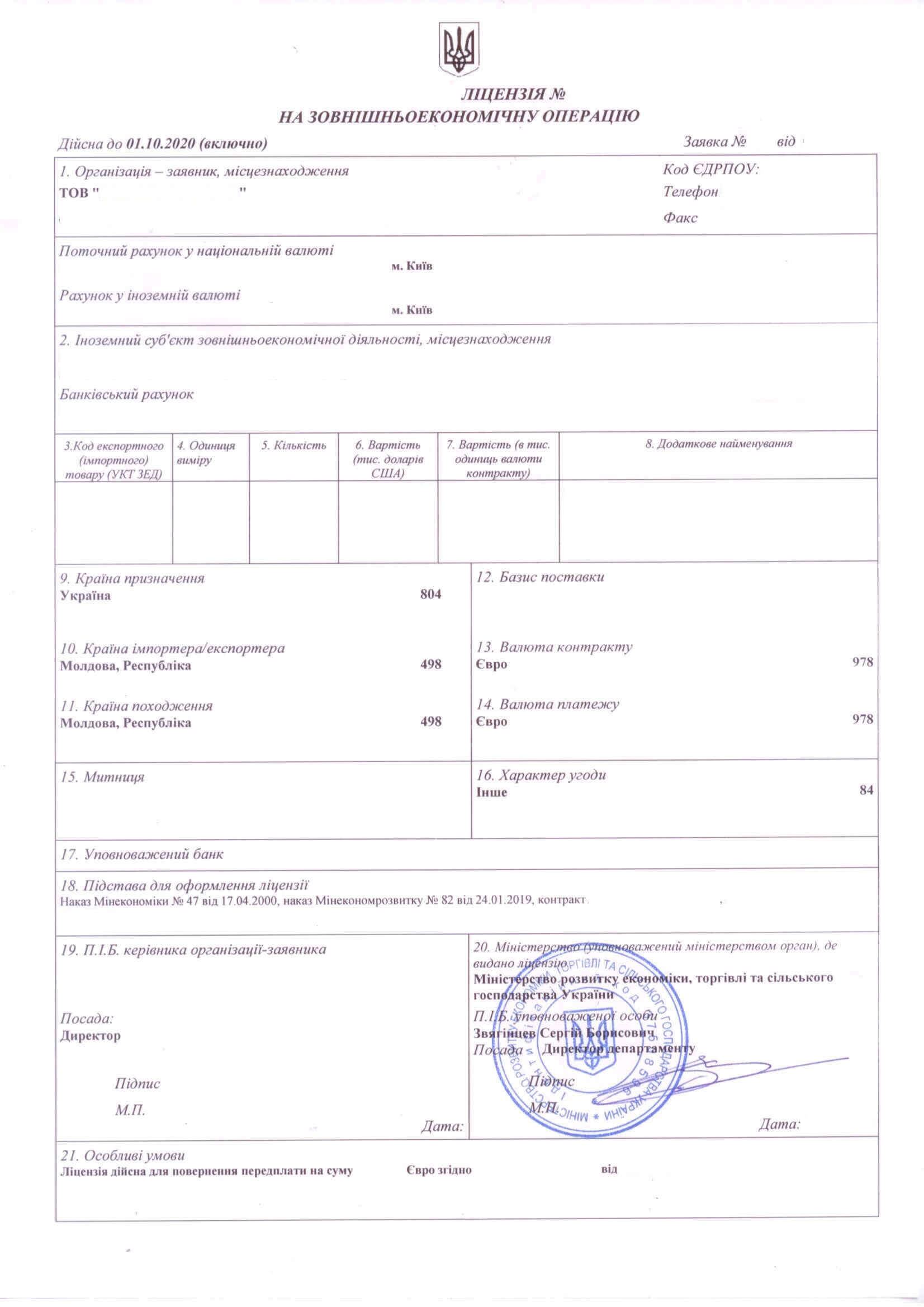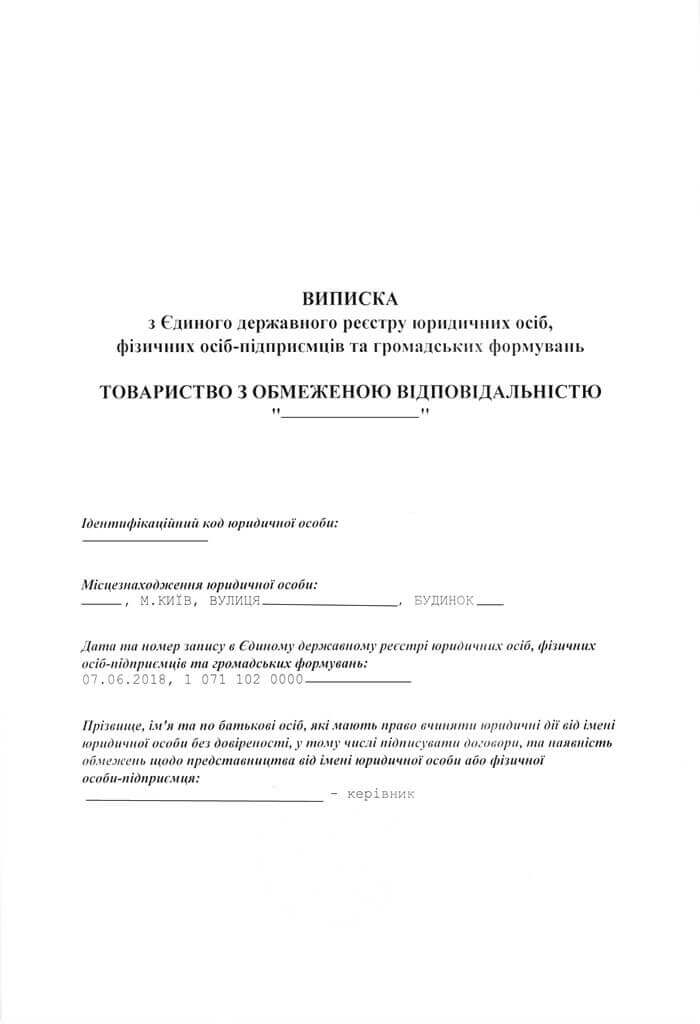Obtaining a Permit for the Import of Military or Dual-Use Goods: A Successful Business Case
Cost of services:
Reviews of our Clients
... our work on joint projects assured us of your high level of professionalism
In the current context of war in Ukraine, ensuring the Armed Forces of Ukraine (AFU) have access to essential defense equipment is a top priority for the government, businesses, and charitable organizations. The import of military or dual-use goods plays a crucial role in bolstering the country’s defense capabilities. However, this process is far from simple. It requires obtaining a series of permits and documents that verify the legality and necessity of such transactions. Despite the strong desire to aid the AFU with military equipment, the complexity of the procedure can lead to stress and significant delays in delivering this critical equipment to the military.
Recently, we were approached for legal consultation and assistance by a client, a British citizen who owned a business abroad and wanted to help Ukraine by purchasing armored vehicles and excavation equipment for the National Guard. The client needed assistance in handling the paperwork to bring this equipment into Ukraine. Since one of his clients was the Ministry of Internal Affairs of Ukraine, which was offered several armored personnel carriers (APCs), the deal required the registration of a Ukrainian company and the collection of numerous permits and documents. The task of managing the paperwork, including the company registration, was entrusted to us. As registering companies, including those with foreign founders, is one of our core services, we won’t focus on the company creation process here. Instead, we’ll dive into the specifics of obtaining the Permit for the Import of Military or Dual-Use Goods.
You might also like: Development of the Charter for a Charitable Foundation for Importing Vehicles for the Armed Forces of Ukraine
What is the Permit for the Export/Import of Military or Dual-Use Goods?
What is the permit for the export/import of military or dual-use goods, who requires it, and why is it necessary? This permit is a document that grants authorization to import military-grade goods into Ukraine, including armored vehicles. It is essential for anyone planning to engage in such activities, whether as a one-time transaction or on a continuous basis. Depending on the need, the permit specifies its purpose: either for export or import. To obtain this permit, one must undergo a fairly complex process and submit detailed documentation about the specific goods, including an exhaustive description. This means the permit cannot be issued for general imports or exports of military equipment—it must be for specific, identified items.
What is needed to obtain a permit for the import of military-grade goods, and who issues it? Let’s start with the issuer: the permit is granted by the State Service of Export Control of Ukraine (often referred to as "Derzhexportkontrol" or simply "Derzhexport"). The process of obtaining this permit consists of two main stages:
- Registration with the State Service of Export Control of Ukraine and product evaluation
- Obtaining the actual permit.
To complete the first stage (registration with Derzhexportkontrol), an application must be submitted for a preliminary evaluation of the goods, along with registration as an entity authorized to engage in international transfers of such goods. While the application process may seem straightforward, do not be misled by its apparent simplicity. The application requires a high level of detail and accuracy, including the HS code of the goods, the relevant legal provisions regulating the import, and other specific information. Derzhexportkontrol has up to 30 days to review the application, though this period may be shortened if the goods are destined for the Ukrainian Armed Forces. If the application is properly completed and Derzhexportkontrol raises no issues, the company is added to the registry of entities authorized to import/export the specified goods, and a registration certificate is issued. This certificate also includes the conclusions of the preliminary evaluation of the goods listed in the application.
The second stage involves obtaining a permit for importing military-grade goods. While the first stage might have seemed deceptively straightforward, the second is much more complex. This is largely due to the numerous documents that need to be gathered and submitted. These include:
- End-user certificate. Yes, the certificate from the end-user. In our case, since the end-user was the Ministry of Internal Affairs of Ukraine, the certificate had to be obtained from them. If you do not yet know who your end-user will be, or if the end-user is uninterested in your goods and slow to issue the certificate, it could seriously hinder the process.
- Foreign trade contract with the recipient of the goods, essentially with the end-user.
- Document certifying the origin of the goods, i.e., where exactly the goods come from and who the manufacturer is.
- Commitment from both the importer and the end-user not to re-export or transfer the goods to any third party without approval from the State Service of Export Control of Ukraine.
- Classified status report, if applicable (i.e., if the goods are classified).
- Other supporting documents and information.
The documents are reviewed within 15 days, and if everything is in order, the permit for importing military or dual-use goods is finally issued.
You might also like: Importing Mobile Air Conditioners for the Military: Is a License Required?
Fees for Obtaining the Permit
It is worth noting that both the first and second stages require official fees for processing and issuing the permit for the export or import of military or dual-use goods. These fees are stipulated by Cabinet of Ministers Resolution No. 746, dated July 13, 2011. For the registration certificate (stage one), the fee is 200 non-taxable minimum incomes (approximately 3,400 UAH). The fee for the actual permit (stage two) varies between 5 and 250 non-taxable minimum incomes, depending on the type of permit.
In our client’s case, we successfully managed the entire process, taking care of all the bureaucratic steps. As a result, the Ukrainian company was registered swiftly, and the permit for importing military goods was issued promptly, without any hurdles. If you are interested in registering in the aforementioned registry or obtaining a permit for importing military-grade goods, our legal team is prepared to assist, providing efficient and high-quality service.
Contact us, and we guarantee a smooth, expedited process, minimizing risks and saving you valuable time!
You might also like: Organizing and Supporting the Import of Goods to Ukraine
Our clients
















